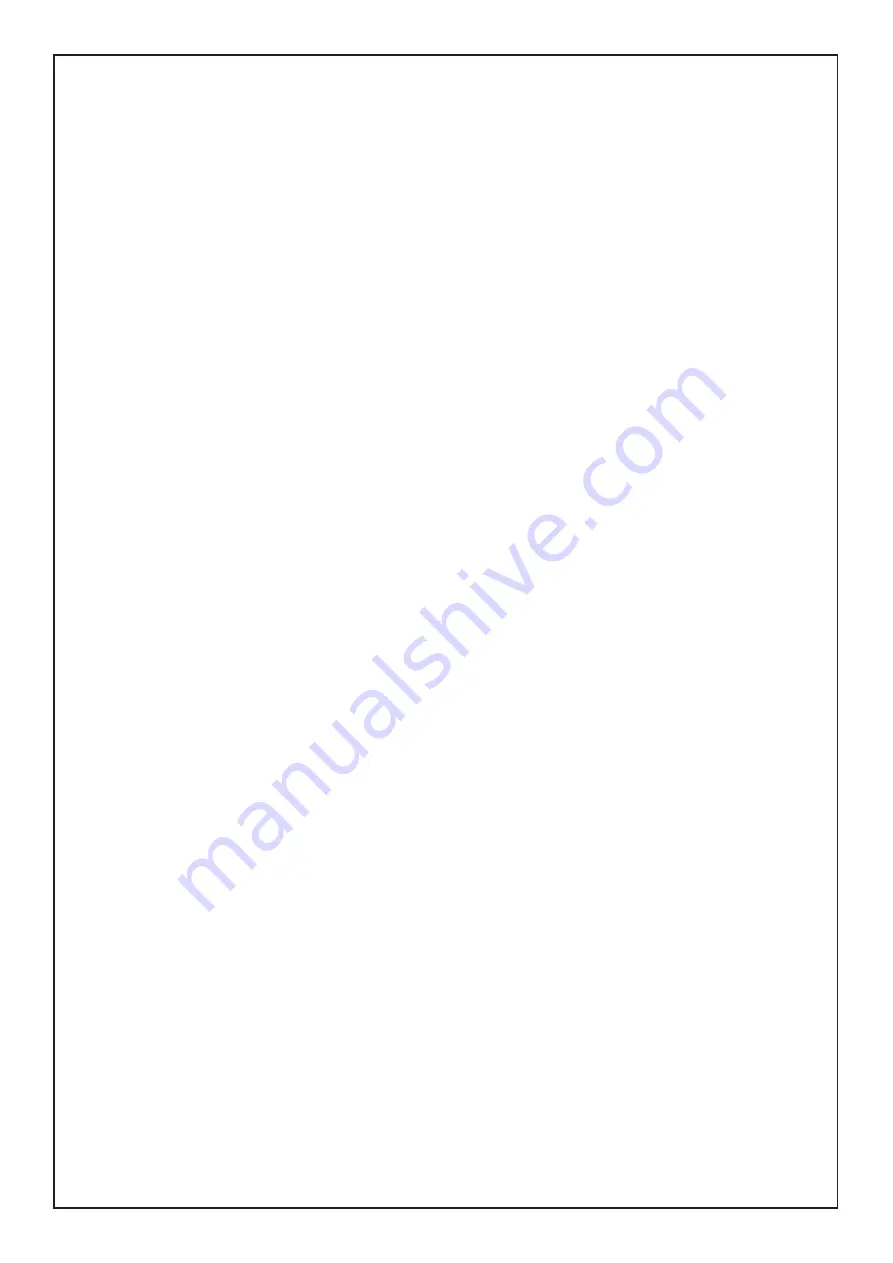
Slider Sliding fitting on the boom to which the gnav bar is attached
Soundings The numbers on a chart showing depth
Spars The poles, usually carbon or aluminium, to which the sail is attached
Spreaders Metal fittings attached to the mast which hold the shrouds out
Spring Tide The tides with the biggest range and strongest currents
Starboard. The right-hand side of the boat, when facing forwards
Stern The back of the boat
Stern Lifting Handles The handles at the stern, used for lifting the boat
Stopper Knot A form of knot used to prevent a rope from sliding through a
fitting, such as a pulley or a cleat
T
Tack a) To change direction by turning the bow of the boat through the wind
b) The bottom front corner of a sail
Tack Bar The bar at the bow of the hull, to which the tack of the jib is attached
Tack Line The rope that emerges from the front of the gennaker pole, to which
the tack of the gennaker is attached
Tender A small vessel, usually used to transport crew to a larger vessel
Tidal height The depth of water above chart datum
Tidal range The difference between the depth of water at low and high tide
Tidal stream The direction in which the tide is flowing
Tiller The stick attached to the rudder, used to steer the boat
Tiller Extension A pole attached to the tiller to extend its reach, usually used when hiking
Toe Straps The straps to tuck your feet under when you lean out to balance the boat.
Top Furling Unit Fitting at the top of the forestay which enables the jib to be furled
Towing Line A rope attached to the boat, used to connect to a towing vessel
Transit An imaginary line between two fixed objects, used to ensure that
you are staying on course
Transom The vertical surface at the back of the boat
Trim
Keeping the boat level fore and aft
Trimaran A boat with three hulls
Trolley A wheeled structure, used to move the boat around on land
Trolley Supports The part of the trolley in direct contact with the hull


































